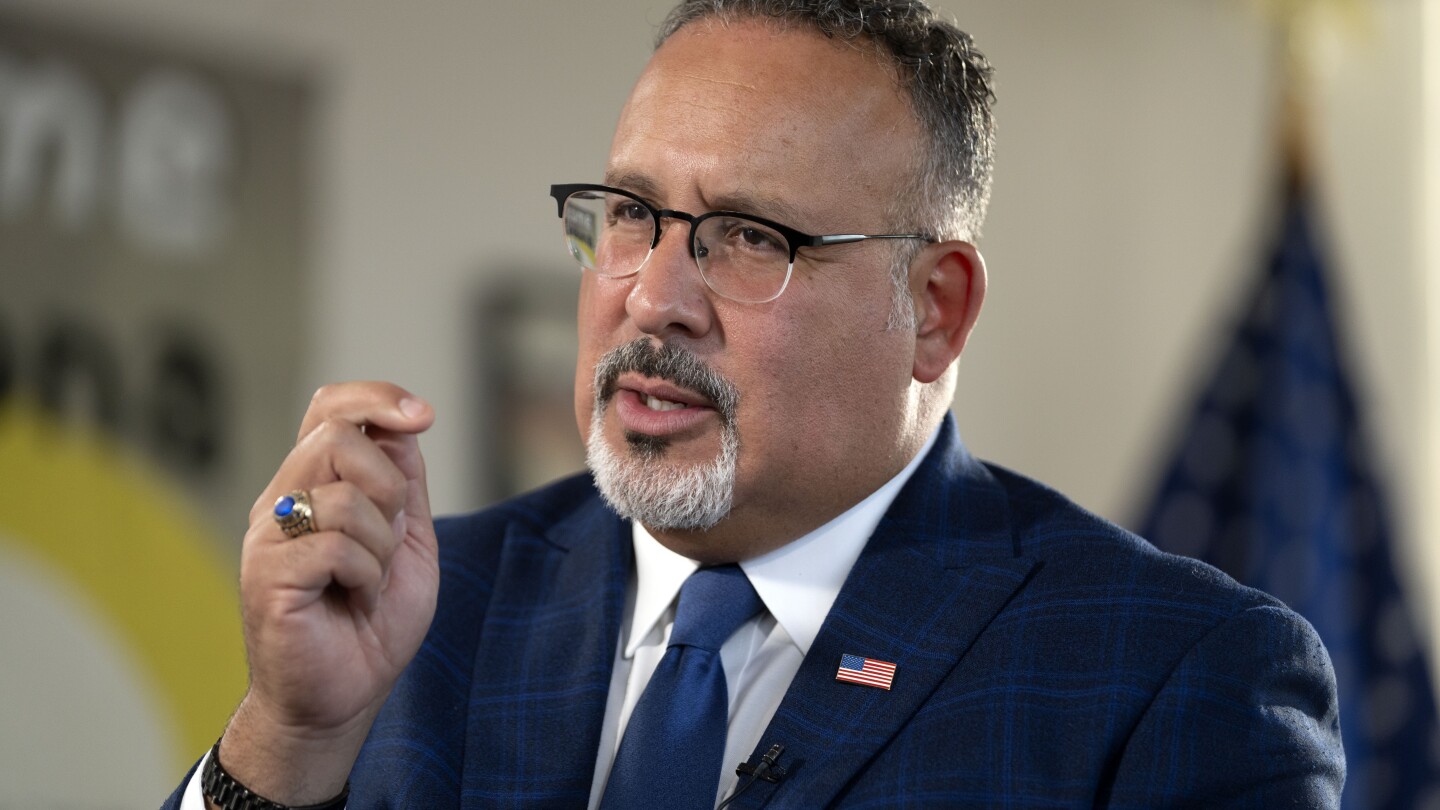Just make state universities and community college funded by corporate tax dollars. If you want to demand a degree for a job, you need to fund those educational programs that can pump out those workers.
Just make state universities and community college funded by corporate tax dollars.
Or how about rerouting some of the obscene amounts of $ from university athletic departments?
(I’m obviously barking at the moon.)
Back when I was in undergrad, I was so pissed that I was spending hundreds of dollars per semester on athletics fees and the school gym was open a couple of hours a day. We all know where those athletics fees were going, and it wasn’t for the benefit of the average student.
If half the admins were fired, universities would still have over 1/3 of staff having nothing to do with teaching.
You mean there are more
janitorsaccountants and registrars than professors of engineering? No way!There’s more office administration than teachers/professors.
The word admin is short for administration, not employee or staff or whatever you’re thinking of. Office admins are paper pushers, auditors, red tape appliers, etc.
Oh right, fixed that in my clumsy remark.
¿why not both?
Or if you want a degree purely for educational enrichment you pay for it directly like any other hobby.
Or, we could acknowledge that a populace educated in enriching educational topics is a huge net benefit to society, and we don’t do that.
Let people pay for business school, or other bullshit that only benefits private interests.
The problem is that we have at least two things universities could be good at:
- Actual education
- Credentialing and Gatekeeping
Plenty of situations where you might want to get Actual Education, the university’s “Credentialing and Gatekeeping” mission interferes with. Free-form study tends to be expensive (often tuition costs cap out, so it’s more cost efficient to take a full-load than one class per term), scheduling is rigid, and study tends to be organized around testing, papers, and other tasks useful as “proof of work” rather than or even instead of developing knowledge. If my goal is “learn enough Korean to finish my favourite manhwa” or “fix my incomplete and wrong grasp of Eastern European history”, and I’m not a 19-year-old starting a degree programme and willing to commit four years an intensive study of the subject, a university is a pretty awkward way to get this knowledge.
Conversely, we’ve got a lot of people enrolling in university because they want the Credentialing and Gatekeeping: they need a BSc or whatever to unlock a higher tier of job title. The parts of the university that still respond to Actual Education intent will say “make sure the kid comes out well-rounded” and that means he has to spend more time and money on courses with no commercial value. This tends to race-to-the-bottom, as people seek out the easiest “filler” electives to meet the programme requirements, rather than actually indulging in the buffet of knowledge. TBH, I’m sick of hearing the “you’re there to learn how to learn” sound bite. Surely that’s something we should be teaching from day 1 of kindergarten-- or is it a skill we’ve decided is unimportant for those not on a college track?
That doesn’t even consider other potential purposes, like as a research hub.
I’m not sure what a “better model” would look like; maybe if credentialing were less important, we’d move towards streams of loosely scheduled open-entry/open-exit courses designed for broader adoption-- going over to the lecture hall a couple evenings a week could become socially normalize like spending nights at a pub.
The credentialism is overwhelmingly about classism, so if you make university free, that part becomes a totally different beast. That BSc is no longer a sign that you come from wealth (or are willing to indenture yourself to employers to LARP it), so it becomes less of an issue.
It also addresses the “one or two classes” issue.
The scheduling thing can be fixed by restructuring work. There’s no good reason work needs to take up a contiguous block of time each day nor why it needs to take up 1/2 of the waking day.
Which degrees would fall under this category?
All of the ones where the person doesnn’t go into the exact profession that matches the degree. So basically 90% of degrees.
You’re telling me you don’t understand the purpose of a Bachelors degree without telling me you don’t under stand the purpose of a Bachelors degree.
It teaches you how to learn.
It teaches you how to learn.
I agree! So why would you want to remove funding from those degrees?
I don’t. I was being sarcastic, but can see why it wouldn’t be obvious.
Better yet, let’s charge everyone for all levels of education! You’re as smart as your pockets are deep!
deleted by creator
My favorite is every year when my alumni college reaches out to ask for more money than I already gave them.
Tipping culture in the US has really gotten out of hand.
I have had a few acquaintances who have fallen for no accreditation, religious run schools of so-called “higher education”. They spend the tuition and received the loans, as if for an accredited school, but end up with a degree that barely qualifies them for writing a letter on an outdated Microsoft suite. Think of these institutions as having used Trump University as their business model. They are predator institutions that prey on the unsuspecting, using religious trappings to legitimize their lack of education offered. These are the places that most need to be taken off of the federal loan programs. As a caveat, I’ve been through college at an accredited two-year community college, then transferring to an accredited private school. I have been through the system, too, but at least have an education that I can use. The people end up with nothing.
Why are we giving money to colleges at all when they maximize profit off of tuition?
Tuition is in part a factor of access to student loans. You think tuition would be that high if loans wouldn’t cover it?
Here’s an idea:private universities whose endowment has grown year over year are stripped of nonprofit status. Public universities are completely funded by the federal government and education is provided tuition free. Community colleges expand to offer trade school education as well, also free. Students must complete a course of study in the allotted time and work for 2 years before returning for additional education, including graduate degrees.






